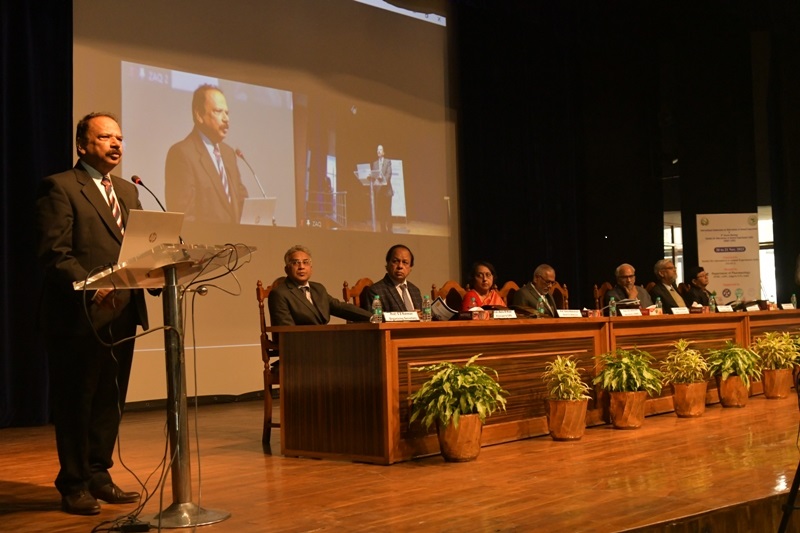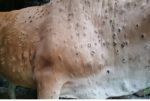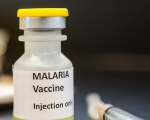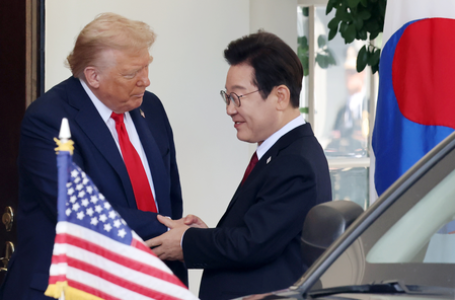
Aligarh: Can we do away with the practice of conducting experiments on animals for developing drugs to cure human? Is genetic similarity with humans enough to take animals as subject for trying drugs.To what extent can the Artificial Intelligence (AI) now do the job. These interesting questions weresexplored from various angles by experts gathered for an international conference at AMU here.
The conference ‘Alternative to Animal Experimentation in Medical Education’ was organised here this week by the Pharmacology Department of AM U’s Jawaharlal Nehru Medical College in collaboration with he Society for Alternatives to Animal Experiments-India (SAAE-India),
Dr Savita Nutan, a UK-based scientist and educationist, who founded the NGO ‘ Medicine Without Cruelty’, made a strong pitch in her presentation for abolition of animal trials. She feels that in the 21rst century there should be no place for animal testing. She sought to debunk the existing scientific notion that genetic similarity of animals with bumans (since both had common ancestors) makes them fit case for testing medicines for use by humans, arguing that genetic similarity was different from physiological similarity. ” If you can cure Parkinsan;s disease in rats with a particular medicine, it does not mean that it would be effective in humans as well,” she says.
Pointing out that humans have 99 per cent genetic similarity with primates, she says that still this fact is of no use in bio-medical research as genetic expression changes with environment. She is of the view that animal trials have caused profound damage to human health.
Nutan also sought to question the claims by many corporates that their medical preparations were animal free, asserting that animal testing was being donw by their contract and affiliate labs. So, despite all their claims these companies’ hands are not clear.
She was of the views that with wealth of electronic dtata in the field of health, especially with the innovation of AI, there shoud be no need of animal testing.
However, there are many pitfalls in the use of AI too, which are to be taken care of, as Prof YK Gupta, President, SAAE-I and President, AIIMS, Jammu, says. He pointed out that the AI was based on data, so if the data feeded carried some errors, it will also reflect in the response of AI. So there is a caveat to it. He was of the view that animal testing, as things stand today, cannot be totally eliminated but it can be minimised and better job can be done with rehabilitation of animals subjected to trials. We are at present following three Rs–Reduction, Refinement and Replacement,
”Today we can make use of silicos, organoids etc for simulation in drug trials. Our efforts should be towards avoiding animals as much as possible, but there are some cases in which we have to do testing on animals. for example, if we want to test a drug for anti-vomiting , we need human and animal trial, as we cannot make a chip or organoid to do vomiting, he said.
With technology one can minimise the number of animals to be subjected to trial, like if reserchers ares testing an anti-diabetic drug, they would go to see the action of cells, which would require a thousand animals but with simulation of cells in labs, this can be reduced to 50, Dr Gupta said.
Dr Gopinath Packiriswamy, Head, Centre for Nano technololgy, Department of Biosciences and Bioengineering, IIT, Roorkee, said that tissue engineering was playing a great role in animal-free medical research and treaatment.For example. one can study toxicity in liver by producing an artificial liver tissue in the lab instead of subjecting an animal organ to toxic element.
Similarly, one can also develop artificial skin in the lab to study the effect of various cosmetics instead of testing them on animals, he added.
Though research is going on for total elimination of animal testing but at present one can just reduce the number of animals and reduce the pain and enhance their rehabilitation, Dr Gopinath said.
Prof. Haris M Khan, Prinicipal and CMS, J.N. Medical College in his address informed the participants that different departments of studies in the college now use expired or outdate human RBCs for research, thus saving animal lives.
Prof. MA Akbersha, the General Secretary, explained alternatives like in-vitro technology, 3D-cell culture, organ on a chip model, organoids, microphysiological system and how animal data today cannot be relied to perform clinical testing in humans.
Organising Secretary of the Conference Dr Syed Ziaur Rehmaan said that JNMC was the first medical college in the country which in 2005 set up a new lab on alternatives to animal experimentation where simulated experimental works on animals were demonstrated and practices by computer assisted learning.
On this occasion, Prof. Gopinath Packiriswamy was honoured with the Dipti M Kapoor Endowment Award, and Lifetime Achievement award was given to Prof. Dr. K.C. Singhal, Former Chairman, Department of Pharmacology, J.N. Medical College, AMU. AMU Vice Chancellor, Prof Mohammad Gulrez as the chief guest.In his remarks, Prof. Gulrez stressed the need for simulation exercises of animal experiments in-vitro and ex-vivo, while pointing out that the study of the pre-clinics l testing does not exactly match the same way in the next step clinical testing.
—INDIA NEWS STREAM


















